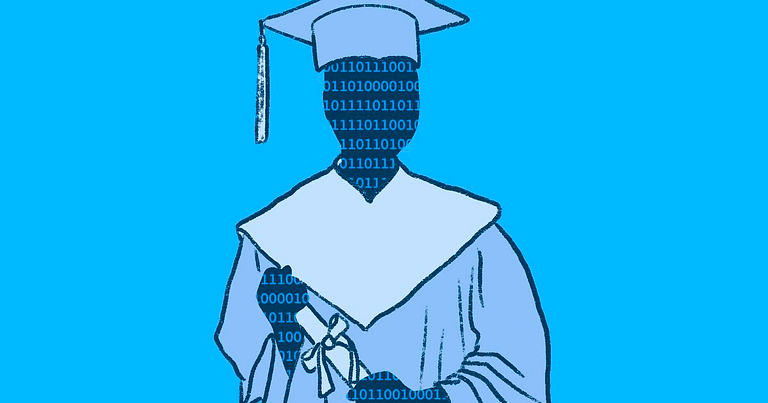The Future of Learning: Education and Knowledge in the Age of AI
As Artificial Intelligence (AI) continues to evolve, it is becoming increasingly clear that its impact on education and knowledge will be profound. AI has already begun to revolutionize how we learn, teach, and access information. In the coming years, this trend is only likely to accelerate as AI-driven technologies become more sophisticated and widely adopted.
At its core, learning is about acquiring new skills or knowledge through experience or instruction. As such, AI can play a critical role in helping us acquire new skills faster than ever before by providing personalized instruction tailored to our individual needs. For example, machine learning algorithms can analyze data from past students’ performance on tests or assignments to identify patterns that indicate which topics they need additional help with or what type of instructional approach works best for them. This allows instructors to provide targeted support when needed while also freeing up time for other activities like group work or hands-on projects.
In addition to improving the efficiency of traditional teaching methods, AI can also enable entirely new forms of learning experiences that are not possible without technology. Virtual reality (VR) simulations allow learners to explore complex concepts in immersive 3D environments where they can interact with objects just as if they were real physical objects – something impossible without computers and sensors tracking their movements in real time. Augmented reality (AR) overlays digital content onto physical spaces so users can see things like labels on plants at a botanical garden or instructions for assembling furniture right where they need them most – again something not possible without advanced computer vision algorithms powering the experience behind the scenes.
Finally, advances in natural language processing have enabled chatbots capable of engaging learners in conversations about specific topics using human-like dialogue instead of simply responding with preprogrammed answers based on keywords detected within user input strings – an important step towards truly conversational interfaces between humans and machines that could eventually lead us into a world where machines understand our intentions better than we do ourselves!
Beyond these technological advancements however lies perhaps an even greater opportunity: leveraging AI tools such as predictive analytics and deep learning networks to create personalized curricula tailored specifically for each student’s unique strengths and weaknesses rather than relying solely upon one-size-fits all approaches currently used by many educational institutions today . By analyzing data from past student performance combined with insights gleaned from interviews conducted with teachers , administrators , parents , etc., educators could develop customized lesson plans designed around each learner’s individual needs – allowing them maximize their potential while minimizing wasted effort spent studying material outside their area(s)of interest/expertise .
Moreover , intelligent tutoring systems powered by artificial intelligence would be able monitor progress over time – adjusting coursework accordingly depending upon whether students are mastering material quickly enough – thereby ensuring maximum engagement throughout entire duration program . Such systems could even go further still by recommending supplemental resources related directly subject matter being studied order give learners deeper understanding topic at hand .
Ultimately , use artificial intelligence transform way learn promises open up exciting possibilities both inside out classroom walls alike . From improved access quality education those who otherwise wouldn’t have it ability customize curriculum fit every learner’s unique abilities interests there no doubt future looks bright indeed !
a16z






